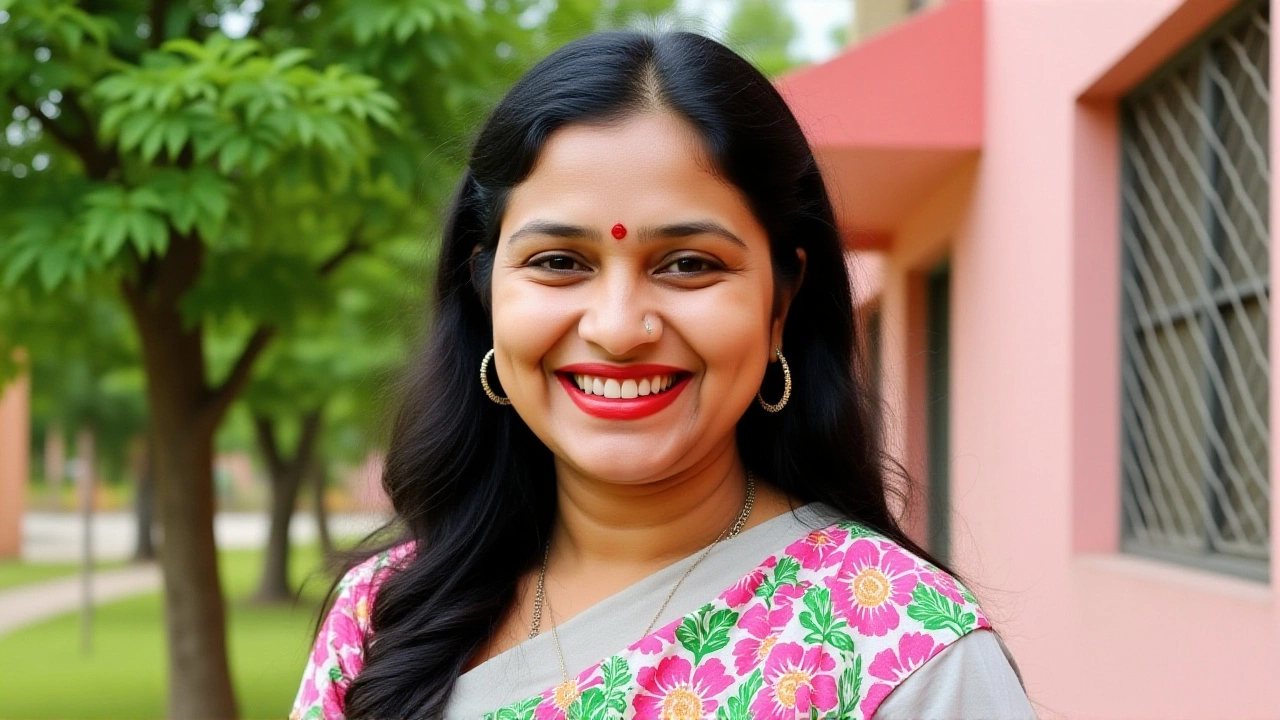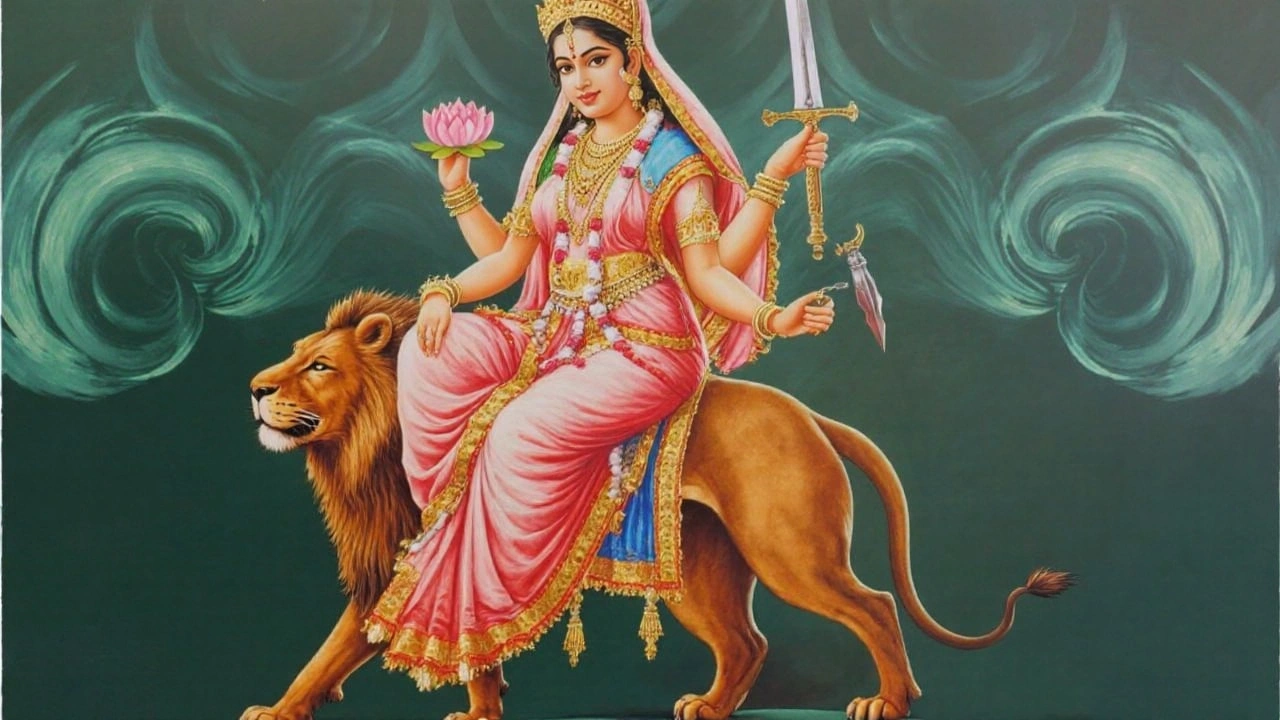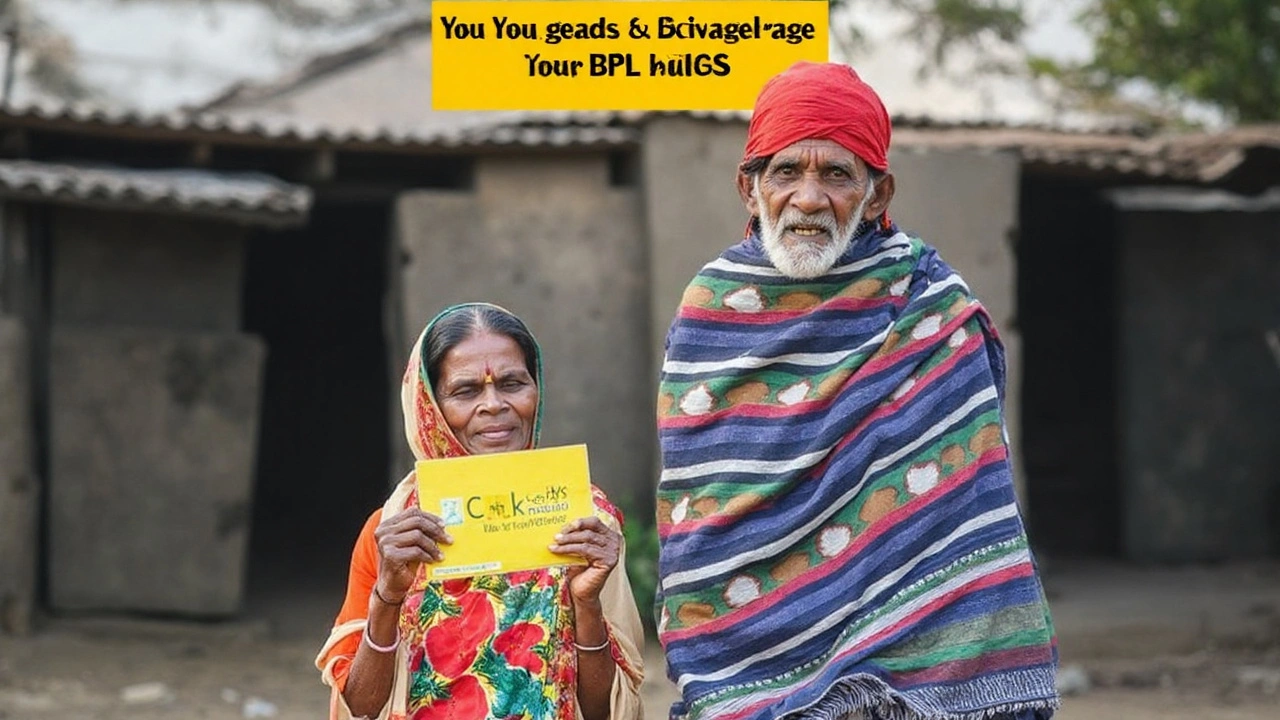India's Blog Arena: Dive into India’s Best Blogs
Why Visit?
Here you’ll find a mash‑up of Indian life – mouth‑watering recipes, government welfare updates, gadget news, travel tips, and fresh takes on culture. We sort everything into clear categories so you can jump straight to the topics you love, whether it’s “Indian Cuisine” or “Technology News”. The community vibe is real – readers comment, share, and start conversations that keep the content lively.
Fresh Picks Right Now
Check out today’s top posts: “BPL Card: Eligibility, Benefits, and How It Powers Women’s Welfare Schemes” breaks down the ration‑card system; “Shilpa Shetty pivots Bastian Bandra…” tells the story of a celebrity restaurant makeover; and “What is so good about Indian food?” celebrates the flavors that make Indian cuisine world‑renowned.
Every visit adds a new voice to the arena, and you’ll leave with a fresh perspective on what makes India tick.
Swipe Crime, a gripping Hindi thriller on MX Player, exposes the dark underbelly of dating apps through the lens of Indian campus life, with strong performances and authentic storytelling that resonates with young viewers.
A Tejas MK-1A fighter jet crashed during a Dubai Air Show demo on November 21, 2025, killing Wing Commander Namansh Sial. Pakistan mocked the incident, but India's jet has far fewer accidents than Pakistan's JF-17s. Investigation underway.
IAS officer Tina Dabi ordered a probe after farmer Mangilal demanded a helicopter to reach his farm due to road encroachment in Barmer, Rajasthan. Swift action removed the obstruction, exposing systemic rural infrastructure neglect.
New Zealand beat Zimbabwe by 60 runs in Harare as Ish Sodhi took a career-best 4-12, sealing a perfect group stage. Tim Seifert and Rachin Ravindra powered the Kiwis to 190, while Zimbabwe collapsed to 130.
Netflix's Hindi dubbed series dominate IMDb rankings, with Stranger Things leading. Top shows, industry reaction, and upcoming releases signal a streaming shift in India.
Gold prices in India are soaring as global spot rates rise, the rupee weakens, and duties stay high. Experts forecast $4,000/oz by 2026 amid festival-driven demand.
New Zealand Women crushed Bangladesh by 87 runs on October 10, 2025, securing their first ICC Women's Cricket World Cup 2025 victory. Captain Amelia Kerr's side posted 227 before Bangladesh collapsed, with debutant Rosemary Meyer taking 3 key wickets. The win keeps New Zealand's semi-final hopes alive.
Day six of Chaitra Navratri 2025 honors Maa Katyayani, the fierce form of Durga linked to courage and marriage blessings. Learn the mythic background, the specific colors, flowers and foods, and the full step‑by‑step puja guide with auspicious timings. The article also covers powerful mantras and how unmarried women can seek her help. Get practical tips for a heartfelt worship experience.
India’s BPL card is more than a ration card—it’s a gateway to food security and key welfare schemes, especially for women. Here’s how eligibility is set, what benefits you get, how states apply the rules, and where the system still fails. We also break down the application steps, documents, and what to do if you were wrongly left out.
After an emotional post about Bastian Bandra’s closure, Shilpa Shetty clarified the venue isn’t shutting—it's transforming. The Bandra spot will become Ammakai, a South Indian Mangalorean restaurant, while Bastian relocates to Juhu as Bastian Beach Club. The shift comes amid a wave of financial scrutiny around Shetty and Raj Kundra.








